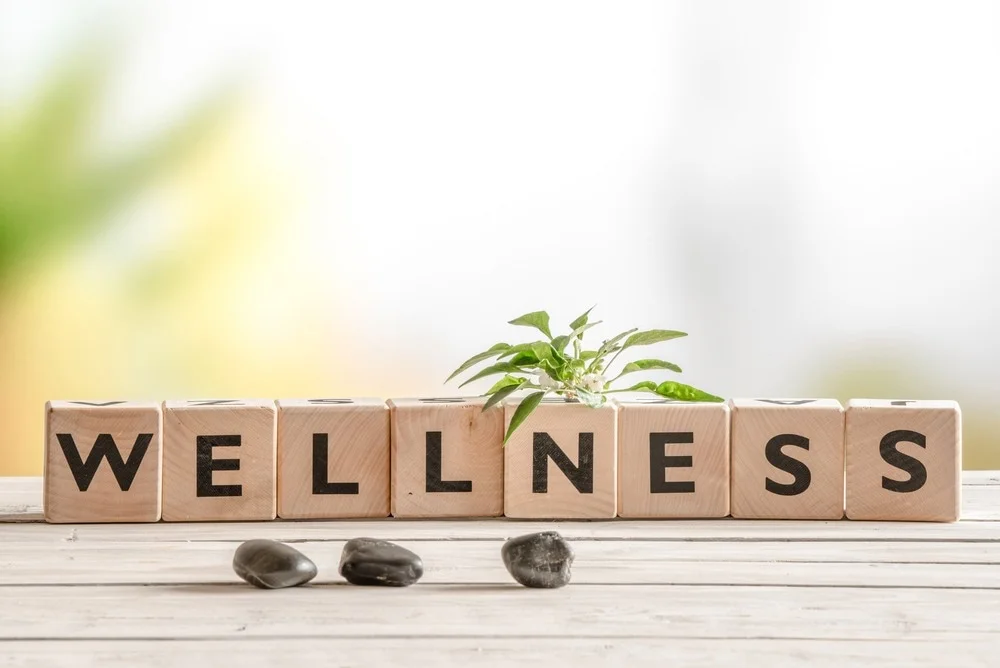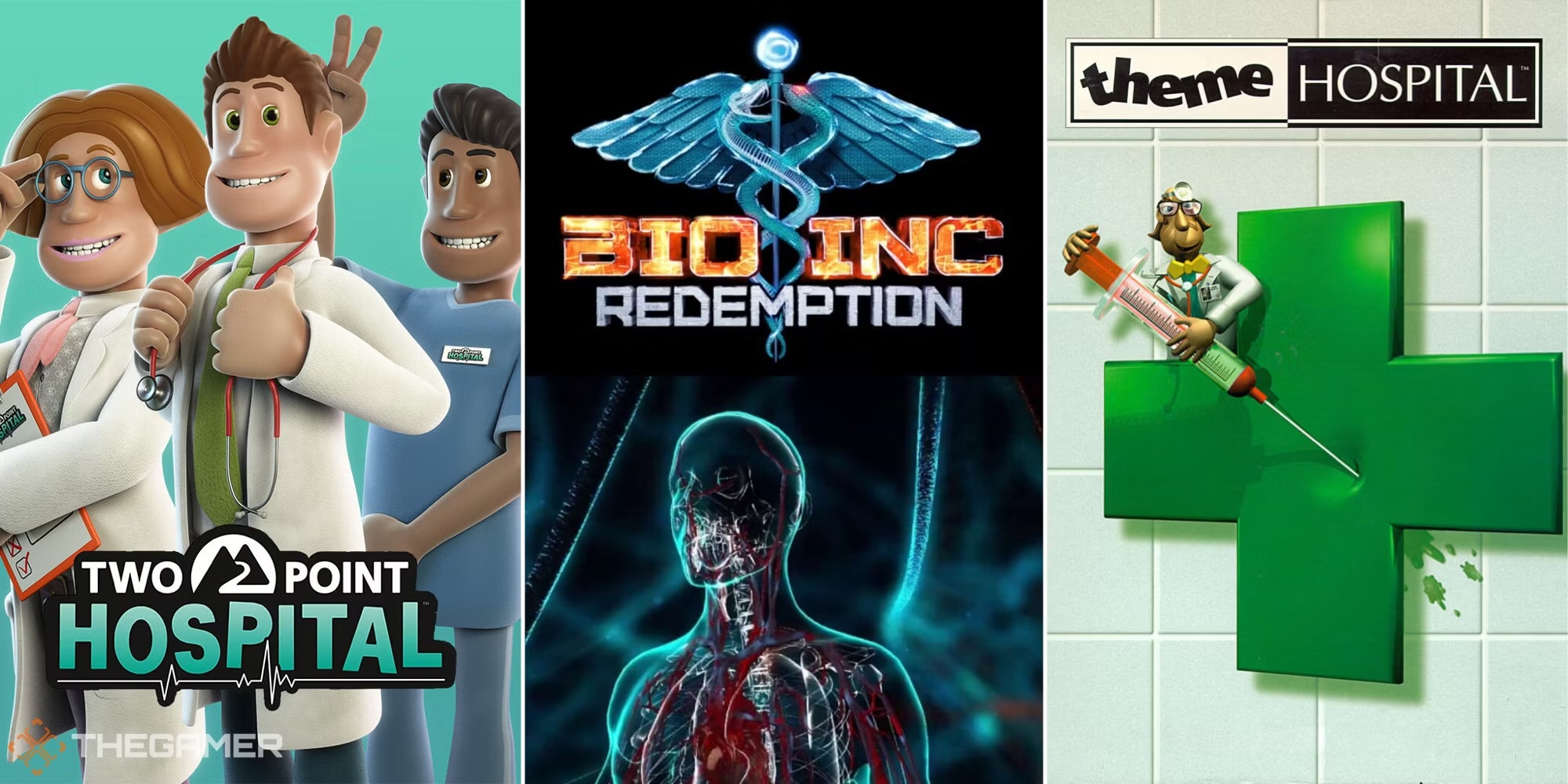In today’s fast-paced world, mental health and self-care have become essential components of a balanced and fulfilling life. With increasing awareness around mental health, topics like mindfulness, stress management, and self-care routines are gaining traction. This article explores new therapies, mental health apps, and self-care practices that can resonate with a broad audience, providing valuable insights and practical tips for enhancing well-being.
The Growing Importance of Mental Health
Mental health is a crucial aspect of overall well-being, affecting how we think, feel, and act. It influences our ability to handle stress, relate to others, and make decisions. Unfortunately, mental health issues are on the rise, with anxiety, depression, and stress becoming increasingly common1. The good news is that awareness and understanding of mental health are also growing, leading to more resources and support for those in need.
New Therapies in Mental Health
- Ketamine-Assisted Therapy: Ketamine, traditionally used as an anesthetic, has shown promise in treating depression, anxiety, and PTSD. This therapy involves administering ketamine in a controlled environment, often combined with psychotherapy, to help patients process traumatic experiences and alleviate symptoms2.
- Digital Therapeutics: These are evidence-based interventions delivered through digital platforms, such as apps or online programs. They offer therapeutic support for various mental health conditions, including anxiety, depression, and substance use disorders. Digital therapeutics can be particularly beneficial for those who have limited access to traditional therapy3.
- Transcranial Magnetic Stimulation (TMS): TMS is a non-invasive procedure that uses magnetic fields to stimulate nerve cells in the brain. It has been found effective in treating depression, especially in patients who have not responded to other treatments4.
- Virtual Reality Therapy: Virtual reality (VR) is being used to create immersive environments for therapeutic purposes. VR therapy can help individuals confront and manage phobias, PTSD, and anxiety by simulating real-life scenarios in a controlled setting5.
The Role of Mental Health Apps
Mental health apps have become a popular tool for managing mental well-being. They offer a range of features, from mindfulness exercises to mood tracking, making mental health support more accessible and convenient. Here are some of the top mental health apps for 2024:
- Headspace: Known for its user-friendly interface and extensive library of guided meditations, Headspace helps users practice mindfulness and reduce stress. It also offers sleep aids and focus-enhancing exercises6.
- BetterHelp: This app connects users with licensed therapists for online counseling sessions. It provides a flexible and affordable option for those seeking professional mental health support7.
- Calm: Calm offers a variety of relaxation techniques, including guided meditations, sleep stories, and breathing exercises. It’s designed to help users manage stress and improve sleep quality8.
- Sanvello: Sanvello combines cognitive-behavioral therapy (CBT) techniques with mood tracking and mindfulness exercises. It’s a comprehensive tool for managing anxiety and depression9.
- MoodKit: This app uses CBT principles to help users track their mood and develop healthier thinking patterns. It offers activities and tools to improve emotional well-being10.
Effective Self-Care Practices
Self-care is about taking intentional actions to care for your physical, mental, and emotional health. Here are some effective self-care practices to incorporate into your daily routine:
- Mindfulness and Meditation: Practicing mindfulness involves paying attention to the present moment without judgment. Meditation can help reduce stress, improve focus, and enhance emotional regulation. Apps like Headspace and Calm offer guided meditations to get you started68.
- Physical Activity: Regular exercise is not only good for your body but also for your mind. Physical activity releases endorphins, which can improve mood and reduce stress. Find an activity you enjoy, whether it’s yoga, running, or dancing, and make it a part of your routine11.
- Healthy Eating: Nutrition plays a significant role in mental health. Eating a balanced diet rich in fruits, vegetables, whole grains, and lean proteins can support brain function and improve mood. Avoid excessive sugar and processed foods, which can negatively impact mental well-being12.
- Sleep Hygiene: Quality sleep is essential for mental health. Establish a regular sleep schedule, create a relaxing bedtime routine, and ensure your sleep environment is conducive to rest. Apps like Calm offer sleep stories and relaxation techniques to help you unwind8.
- Journaling: Writing down your thoughts and feelings can be a powerful way to process emotions and gain clarity. Journaling can help you identify patterns, set goals, and reflect on your progress13.
- Social Connections: Building and maintaining strong relationships is vital for mental health. Make time to connect with friends and family, whether in person or virtually. Social support can provide a sense of belonging and reduce feelings of isolation14.
- Digital Detox: Taking breaks from screens and social media can help reduce stress and improve mental clarity. Set boundaries for screen time and engage in offline activities that bring you joy15.
- Nature Therapy: Spending time in nature has been shown to reduce stress, improve mood, and enhance overall well-being. Whether it’s a walk in the park or a hike in the mountains, make time to connect with the natural world.
Conclusion
As awareness around mental health continues to grow, so does the availability of resources and support. By embracing new therapies, utilizing mental health apps, and incorporating effective self-care practices into your daily routine, you can take proactive steps towards improving your mental well-being. Remember, self-care is not a luxury but a necessity for a balanced and fulfilling life.





